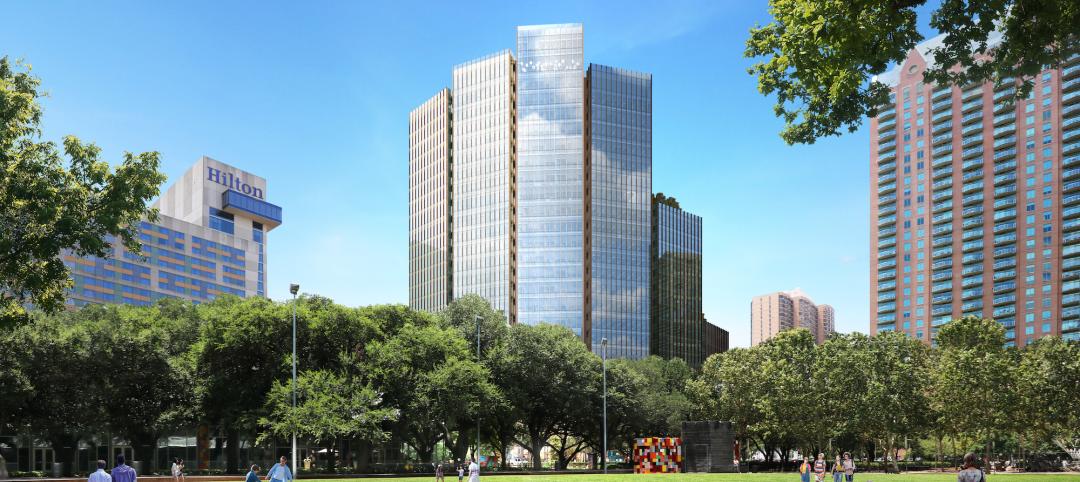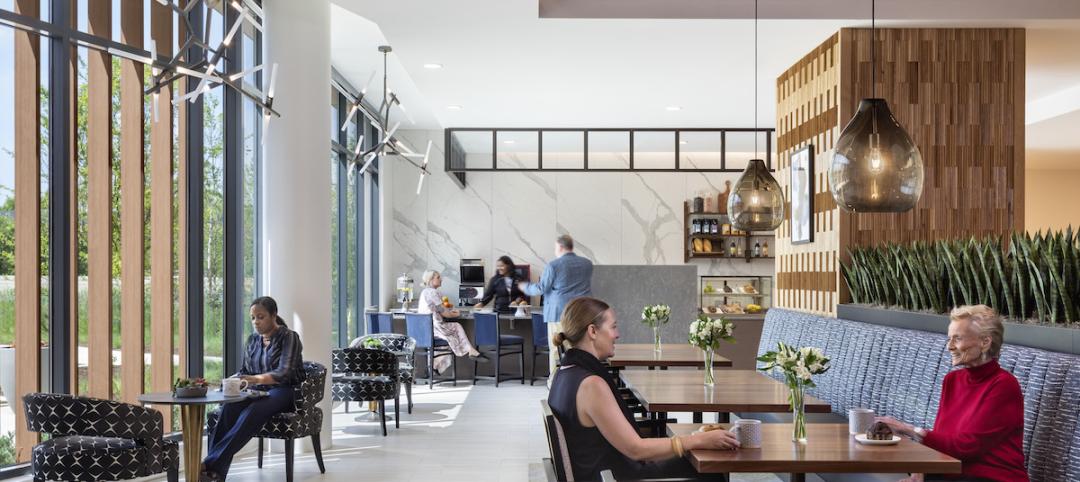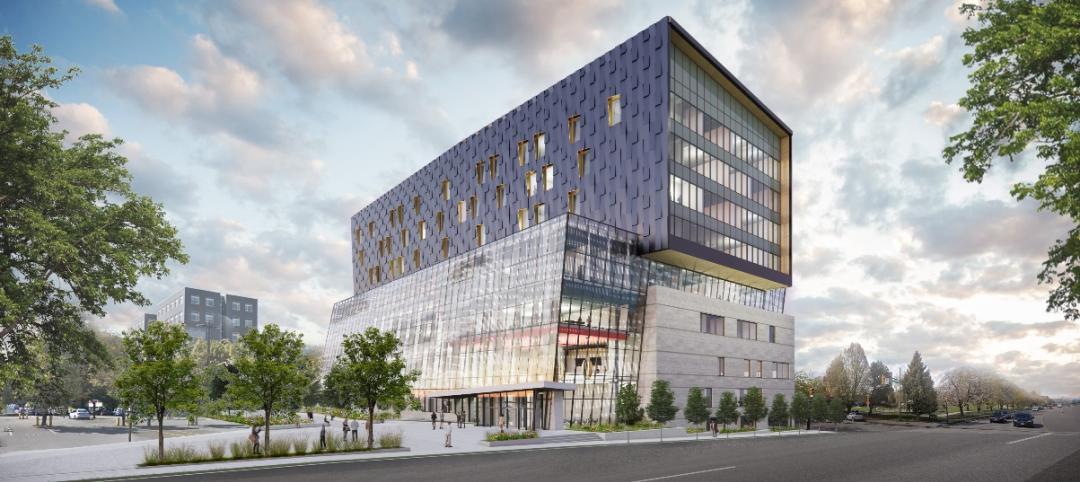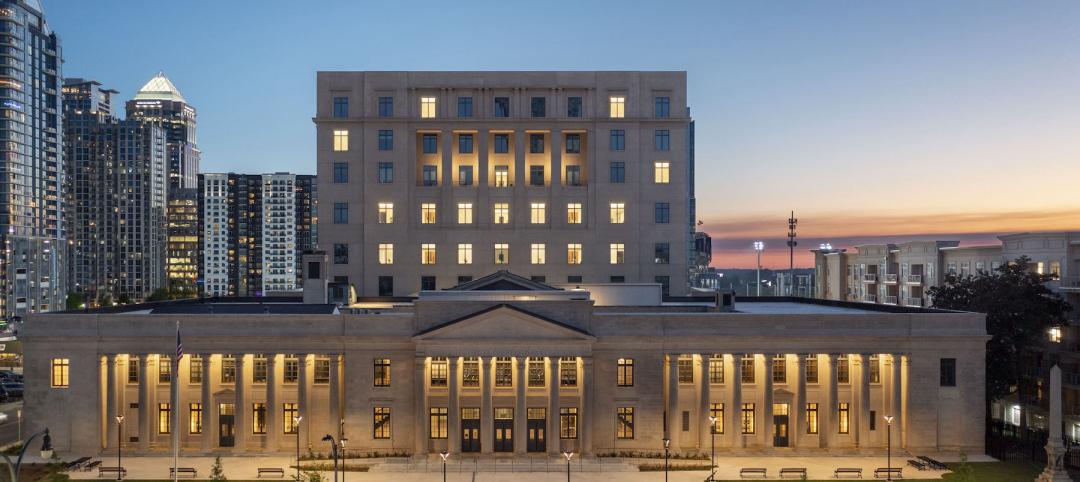SAN JOSE, CA (March 8, 2011) - CRS Roof Consultants, the leading Independent Roof Consulting Firm and authority on Commercial Roof System Investments reports industry losses on the consumption side of the equation. Buyers will be loosing between $2.6B and $5.6B annually, in roof system value by the year 2014.
According to a Freedonia Group, the US Roofing Industry is expected to expand by 2.4% through 2014 reaching nearly $18B in value. Additional reports suggest material cost will rise by 4.5% over the same time period.
Industry Life-Cycle Reports indicate roof systems worldwide fail on average in about 17 years. CRS Roof Consultants who tracts regional life-cycles says dryer states like California experience much shorter life-cycle averages, closer to 14 years for commercial roof systems.
Combined, the numbers represent a 15% to 32% in loss value on the purchase of 20/25 year assets respectively. "Total losses depend on buyer perceptions as to the expected Life-Cycle", said Kevin Cardoza, a Senior Analyst at CRS Roof Consultants. Most consumers (residential and commercial) expect to get closer to 25 years out of a 20 year roof system. Industry reports on premature failures as low as 12 years with an average of 17 years indicate a huge loss in value for buyers.
The installation of Roof Systems entail various components that are assembled to manufacture a complete roof system on-site at building locations. The only available controls close to an equivalent ISO9000 are certifications required by some material manufacturers, which only apply to contractors who offer the manufacturers' extended warranties.
Inefficiencies and generally accepted roof practices at the point of installation account largely for early water intrusion issues, said Dale Rowe (RRO), an Independent Registered Roof Observer and Inspector. Buyers leave the details up to contractors who write bid proposals where architects and general contractors reference warranty specifications but leave out critical roofing project details.
Statistically, roof systems installed in accordance with a set of defined performance rules under a complete roofing project specification outpace expectations and last from twenty to thirty years. Real Estate Investors, Management and Tenants whom adhere to roof system performance objectives tend to reduce long-term asset maintenance expense.
The ratio of Commercial Buildings and Annual Roofing Projects to the number of Independent Roof Consulting Firms suggest only a fraction of all Roof System Investments are based on Bid Specifications that define and hold contractors accountable for installation/labor warranty performance.
A well written Roofing Project Bid Specification can run $10K-$12K and save $60K-$80K on a Commercial Building but many private investors and smaller real estate investment firms view it as unnecessary expense. So, it's not unusual to see a barrage of abandoned rooftop assets from a history of rotating tenants and out of control roofing expense.
Only a few tenants (ie: Home Depot, Safeway, Best Buy, etc.) who's entire building is dedicated to product storage for immediate delivery implement Rooftop Asset Management Programs. Short term office and R&D building occupants seldom return rooftop assets (including that space below roof substrates) to their original condition as required by triple net leases.
Tight credit markets and reduced flipping have real estate investors moving more towards a value based approach to roofing. "We've seen increased demand for both Written Roofing Project Specifications and Project Management in the commercial markets but Home Owner Associations remain resistant to higher cost on those projects" said Construction Performance Builders, Inc. President, Terrence Osuga.
About CRS Roof Consultants
CRS Roof Consultants, the nations leading Independent Roof Consulting Firm. Established in 1986, its headquarters remain in the heart of Silicon Valley (San Jose, California) where it services national clients. As an authority on Commercial Roof System Investments, CRS Roof Consultants publishes information and technical papers that outline and educate readers on best roofing practices for property owners, investors, asset managers and property managers in the commercial real estate industry.
For more information about CRS Roof Consultants, the Roof Inspection White Paper or to obtain a free copy, visit: http://www.CRSRoofConsultants.comhttp://www.CRSRoofConsultants.com
Related Stories
MFPRO+ New Projects | Aug 10, 2023
Atlanta’s Old Fourth Ward gets a 21-story, 162-unit multifamily residential building
East of downtown Atlanta, a new residential building called Signal House will provide the city with 162 units ranging from one to three bedrooms. Located on the Atlanta BeltLine, a former railway corridor, the 21-story building is part of the latest phase of Ponce City Market, a onetime Sears building and now a mixed-use complex.
Office Buildings | Aug 10, 2023
Bjarke Ingels Group and Skanska to deliver 1550 on the Green, one of the most sustainable buildings in Texas
In downtown Houston, Skanska USA’s 1550 on the Green, a 28-story, 375,000-sf office tower, aims to be one of Texas’ most sustainable buildings. The $225 million project has deployed various sustainable building materials, such as less carbon-intensive cement, to target 60% reduced embodied carbon.
Senior Living Design | Aug 7, 2023
Putting 9 senior living market trends into perspective
Brad Perkins, FAIA, a veteran of more than four decades in the planning and design of senior living communities, looks at where the market is heading in the immediate future.
University Buildings | Aug 7, 2023
Eight-story Vancouver Community College building dedicated to clean energy, electric vehicle education
The Centre for Clean Energy and Automotive Innovation, to be designed by Stantec, will house classrooms, labs, a library and learning center, an Indigenous gathering space, administrative offices, and multiple collaborative learning spaces.
Green | Aug 7, 2023
Rooftop photovoltaic panels credited with propelling solar energy output to record high
Solar provided a record-high 7.3% of U.S. electrical generation in May, “driven in large part by growth in ‘estimated’ small-scale (e.g., rooftop) solar PV whose output increased by 25.6% and accounted for nearly a third (31.9%) of total solar production,” according to a report by the U.S. Energy Information Administration.
Resiliency | Aug 7, 2023
Creative ways cities are seeking to beat urban heat gain
As temperatures in many areas hit record highs this summer, cities around the world are turning to creative solutions to cope with the heat. Here are several creative ways cities are seeking to beat urban heat gain.
Government Buildings | Aug 7, 2023
Nearly $1 billion earmarked for energy efficiency upgrades to federal buildings
The U.S. General Services Administration (GSA) recently announced plans to use $975 million in Inflation Reduction Act funding for energy efficiency and clean energy upgrades to federal buildings across the country. The investment will impact about 40 million sf, or about 20% of GSA’s federal buildings portfolio.
Government Buildings | Aug 2, 2023
A historic courthouse in Charlotte is updated and expanded by Robert A.M. Stern Architects
Robert A.M. Stern Architects’ design retains the original building’s look and presence.
Hotel Facilities | Aug 2, 2023
Top 5 markets for hotel construction
According to the United States Construction Pipeline Trend Report by Lodging Econometrics (LE) for Q2 2023, the five markets with the largest hotel construction pipelines are Dallas with a record-high 184 projects/21,501 rooms, Atlanta with 141 projects/17,993 rooms, Phoenix with 119 projects/16,107 rooms, Nashville with 116 projects/15,346 rooms, and Los Angeles with 112 projects/17,797 rooms.
Market Data | Aug 1, 2023
Nonresidential construction spending increases slightly in June
National nonresidential construction spending increased 0.1% in June, according to an Associated Builders and Contractors analysis of data published today by the U.S. Census Bureau. Spending is up 18% over the past 12 months. On a seasonally adjusted annualized basis, nonresidential spending totaled $1.07 trillion in June.















